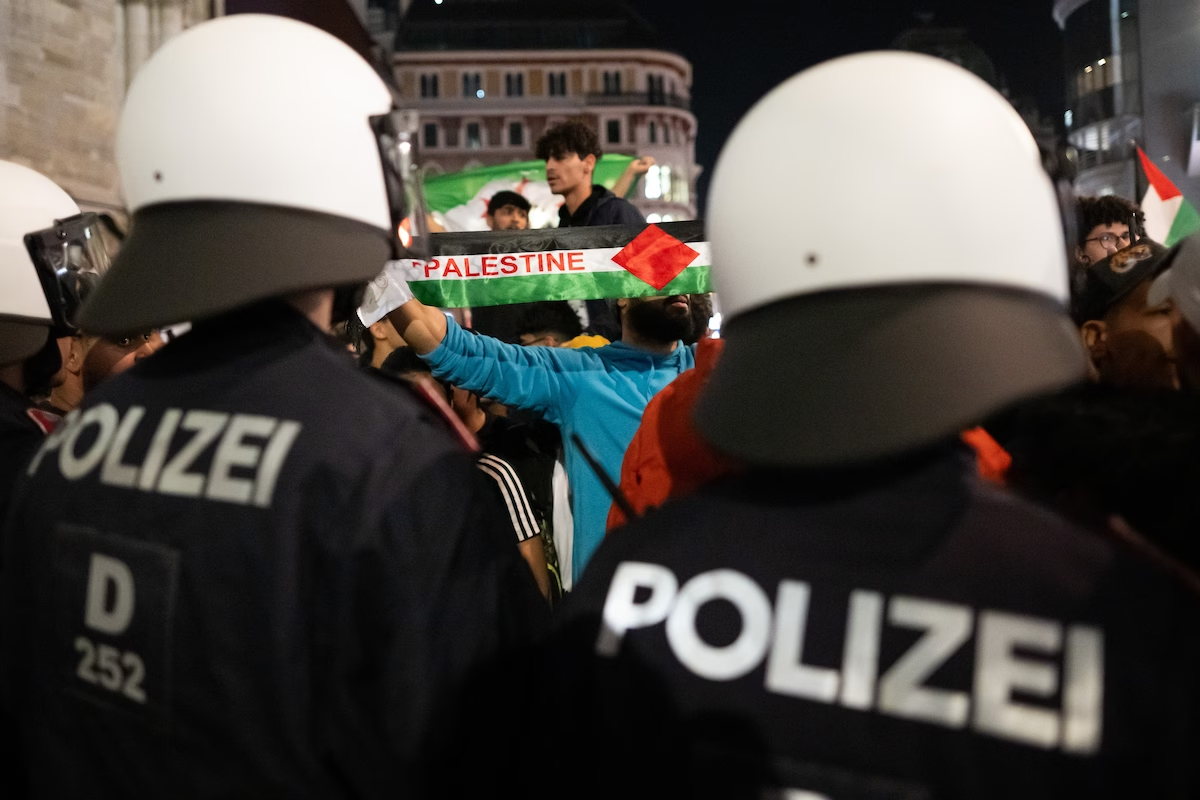The Washington Post: The Israeli-Palestinian conflict has sparked debates and actions across Europe, testing the Western world’s core principles of free speech and the right to peaceful assembly. As the conflict escalates in the Middle East, European nations have implemented various measures that curb pro-Palestinian protests, stirring up questions about government overreach and bias.
Germany
Germany, where freedom of expression and assembly are constitutionally protected, has been cracking down on pro-Palestinian protests, particularly in Berlin. Authorities cite fears of anti-Semitic exclamations and violence as the basis for bans, even as critics argue that the measures conflate anti-Semitism with criticism of Israel. Despite pushback from various groups, the bans have been mostly upheld, and they coincide with a noticeable rise in anti-Semitic acts.
France
France has sought to impose one of the broadest bans on pro-Palestinian protests. The country’s top administrative court ruled against a blanket ban but allowed local authorities to block such protests case-by-case. The government’s stance has drawn criticism, as it seems to align more openly with Israel, while public opinion remains divided.
Britain
While not implementing outright bans, the UK government has cautioned against certain pro-Palestinian slogans and flag-waving, citing concerns over glorifying terrorism and causing public disturbances. British officials are also wary of the spike in anti-Semitic and Islamophobic incidents recently reported.
Austria
Austrian police banned a pro-Palestinian protest in Vienna just hours before it was set to begin because of a controversial slogan used in online invitations. Authorities later determined that the slogan did not incite hatred, raising questions about the initial decision to ban the gathering.
The entire article can be read at the link https://www.washingtonpost.com/world/2023/10/26/palestine-protest-ban-france-germany/











